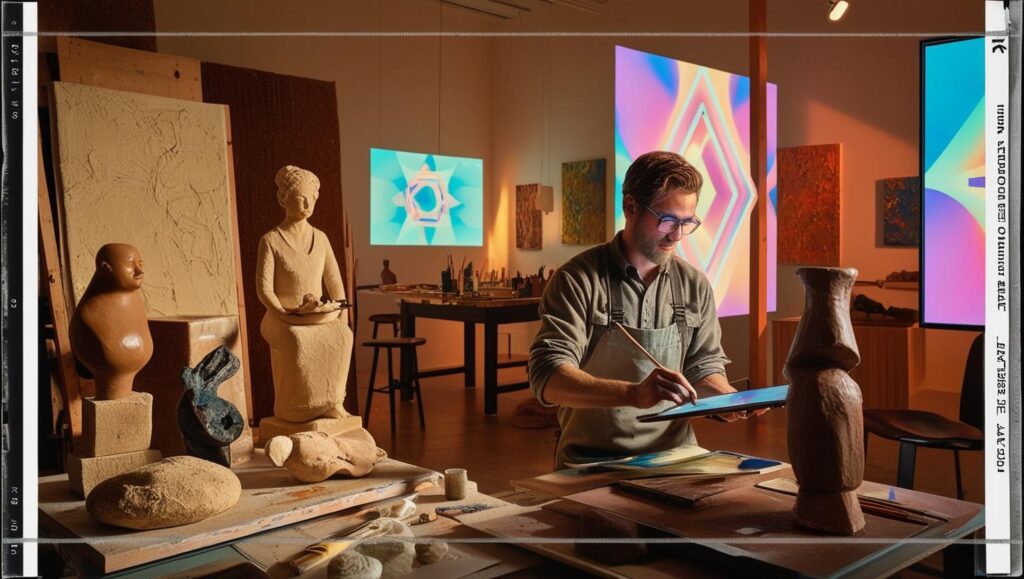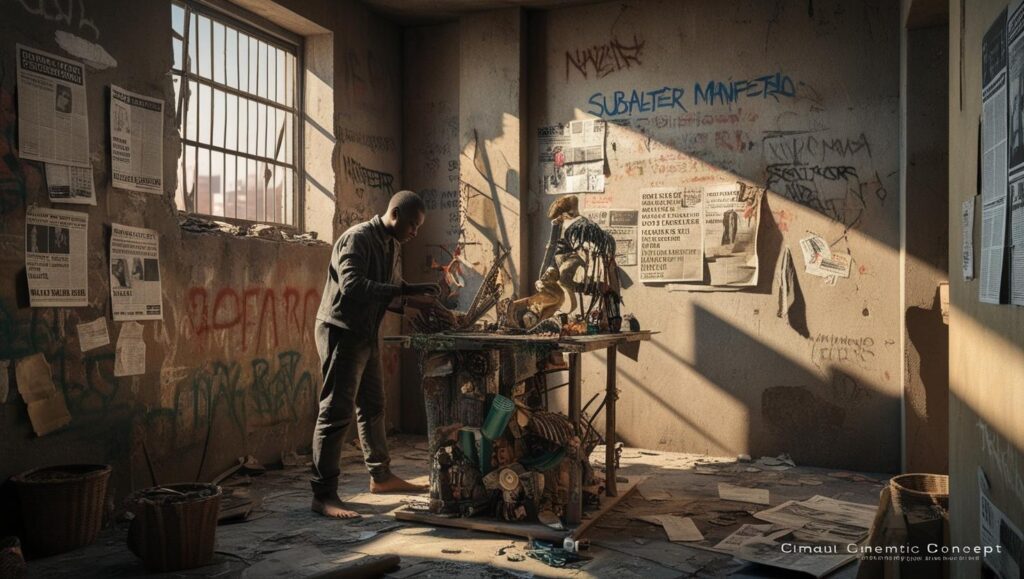Mimi Ọnụọha: Art, Technology, and Digital Colonialism
Mimi Ọnụọha, a Nigerian-American artist based in Brooklyn, explores the intersection of art, technology, and society through installations, videos, websites, and texts. Her work examines the absences in data collection systems and questions the sociopolitical implications of these processes. By investigating the gaps in digital records, the artist exposes the power structures that influence contemporary […]
Mimi Ọnụọha: Art, Technology, and Digital Colonialism Read More »










